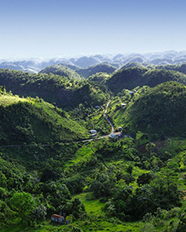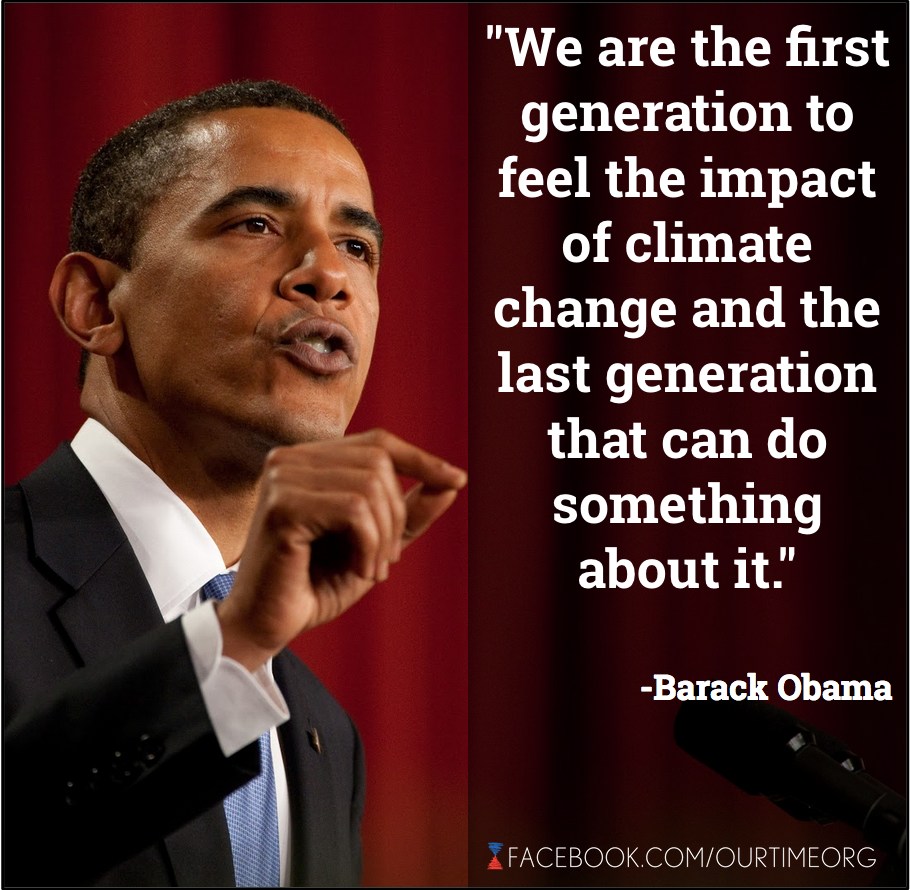
“Greening” Jamaica’s Economy
The outcome document from the 2012 United Nations Conference on Sustainable Development – Rio+20, The Future We Want, requested support of the United Nations for “implementation of green economy policies by countries that seek to apply them for the transition towards sustainable development as a common undertaking.” Simply defined a “ Green Economy is one that aims to reduce the risks to the environment from key sectors, while implementing measures and pursuing actions to achieve a country’s sustainable development goals.”
The Government of Jamaica with support from the United Nations Environment Programme (UNEP) and the European Commission, developed two green economy policy documents and the “Green Economy Scoping Study for Jamaica”, was launched on March 22, 2016. Five sectors were chosen for initial focus given their direct impact on the environment, as well as their contribution to the economic growth and development of Jamaica: energy; water and wastewater; agriculture; construction; and tourism.
Energy
The scoping study determined that transforming the energy sector is critical to the process of advancing the green economy in Jamaica, particularly as all other sectors depend on energy. According to Leo Heileman, Regional Director Latin America and the Caribbean, United Nations Environment Programme, “Jamaica is well positioned to rapidly advance to a low-carbon economy, there is strong leadership from both the government and private sector with many innovative initiatives happening on the ground, and many key resources already in place”.
Agriculture
The study found that given the potential impacts of climate change, the sector requires improved and diversified sources of water and energy, more research, and the adoption of sustainable practices in order to become more profitable and climate resilient .
Tourism
Jamaica’s tourism sector depends heavily on the quality of the environment and enhancing energy and water efficiency through support to small, medium and micro-enterprises can increase the profitability of the industry and aid in sharing the benefits more widely.
Water
It was noted that Jamaica has an abundant supply of uncontaminated freshwater, but the task of pumping large amounts of water across hilly terrain requires a huge energy outlay. The National Water Commission is the single largest energy consumer with energy accounting for approximately 35% of the entity’s operating costs. The study recommends reducing this energy demand while increasing access to water by developing local catchment facilities, increasing water efficiency, and developing extensive waste water recycling.
Construction
For the construction sector, the study recommends “greening” the sector through diverse measures including improved guidelines, regulations and training. Green economy principles apply at every stage of the construction process including design, building and operation, and as such efficient use of resources can easily be applied throughout this sector to ensure sustainability.
“The report encourages policy makers to create the enabling framework for increased investments, in the transition to a green economy, and more importantly, reiterates the need for Public-Private Partnerships…” (Minister Vaz)
With the recognition of the many benefits to be derived from “greening the economy” there are calls for a renewed commitment by all private sector leaders to fully embrace the green economy and other environmental initiatives, and to continue to partner with the Government of Jamaica in leading the sustainable growth agenda.
To find out more about the Green Economy Scoping Study for Jamaica, visit the Ministry of Economic Growth and Job Creation’s website at the following: http://bit.ly/1RWPCF7, or UNEP’s website at www.unep.org.

